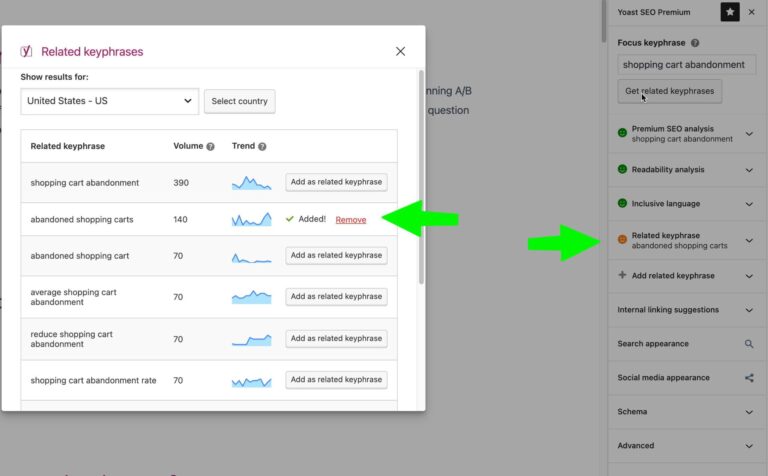Title: Marseille Dockworkers Protest Shipment of Weapon Components to Israel Amid Ongoing Conflict
In a notable demonstration of international solidarity, dockworkers at the Port of Marseille have taken a bold stand against the shipment of machine gun components destined for Israel, produced by the French company Eurolinks. This blockade, which reflects growing concerns over the humanitarian crisis in the region, is a response to allegations of “ongoing genocide” amid escalating violence. As tensions continue to rise in the Middle East, this action has ignited discussions surrounding the ethics of arms trade and the responsibilities of companies involved in the production and distribution of military equipment. The workers‚Äô protest not only disrupts logistics at one of Europe‚Äôs busiest ports but also underscores the increasing intersection of labor activism, human rights, and global geopolitics.
Dockworkers in Marseille Take a Stand Against Arms Shipments to Israel
In a dramatic demonstration of solidarity, dockworkers at the port of Marseille have taken a decisive stand against the shipment of military components destined for Israel. The workers refused to unload containers loaded with machine gun parts manufactured by the company Eurolinks, citing the ongoing humanitarian crisis and what they termed an “ongoing genocide” against the Palestinian people. This bold action reflects not only concerns about the ethics of arms trading but also a growing awareness among labor groups regarding their role in global human rights issues.
The blockade of this shipment has been met with widespread public support, echoing far beyond the confines of the port. Protesters mingled with the workers, rallying around the core principles of peace and justice, highlighting the urgent need for a reevaluation of international arms supply chains. The dockworkers’ decision has sparked discussions about labor rights interlinked with humanitarian ethics, emphasizing the importance of collective action:
- Solidarity among workers
- Human rights implications
- Impact on the arms trade
- Public awareness campaigns
Examining the Implications of Marseille’s Blockade on International Trade
The blockade at Marseille port represents a significant turning point in the intersection of labor movements and international trade. Dockworkers, fueled by deep moral convictions, have taken a stand against the export of arms amid global discourse on human rights. This event has drawn attention to the moral responsibilities companies face when engaging in international trade, particularly in conflict zones. Key implications include:
- Increased scrutiny on companies involved in arms manufacturing.
- Potential disruptions in supply chains for military components.
- Greater solidarity movements among labor unions globally.
Furthermore, this blockade is reflective of a growing trend where workers are using their positions to effect change regarding ethical issues. As businesses increasingly prioritize corporate social responsibility, the actions taken by the dockworkers of Marseille could set a precedent for future protests. Factors to consider moving forward include:
- The impact on local economies dependent on international shipping.
- Legal ramifications for companies that may face penalties for export violations.
- The potential for other ports to experience similar actions, leading to widespread disruptions.
The Role of Business in Human Rights: A Call for Ethical Sourcing Practices
The recent blockade at the Marseille port, where dockworkers have halted an Israel-bound shipment of machine gun components produced by the company Eurolinks, shines a light on the pressing need for businesses to evaluate their supply chain practices. This protest, fueled by concerns over alleged war crimes and ongoing human rights violations in conflict zones, underlines the moral responsibility of corporations to ensure that their operations do not contribute to violence and oppression. Stakeholders across sectors are increasingly expected to take a stand on ethical sourcing, and companies failing to address these issues may face significant reputational risks. The actions of the dockworkers serve as a reminder that corporate accountability extends beyond the balance sheet, encompassing the broader implications of one’s business practices on human rights.
Incorporating ethical sourcing into business operations not only aligns with humanitarian principles but also fosters a sustainable approach to economic engagement. To support this transition, companies should consider adopting the following practices:
- Conduct Regular Audits: Ensure transparency and compliance across the entire supply chain.
- Engage Stakeholders: Collaborate with local communities and workers to understand their needs and concerns.
- Promote Fair Labor Practices: Implement measures to safeguard workers’ rights and well-being.
- Support Conflict-Free Sourcing: Only procure materials from suppliers committed to ethical standards.
Encouragingly, businesses worldwide are beginning to acknowledge the interplay between their operations and human rights, and this incident at the Marseille port serves as a crucial catalyst for change. Companies like Eurolinks are now faced with heightened scrutiny, emphasizing the importance of ethical decision-making in today’s global market.
Potential Policy Changes in France Following Port Protests and Global Response
The recent actions taken by dockworkers at the Port of Marseille to block a shipment of machine gun components bound for Israel are emblematic of a growing trend in France towards active engagement in global human rights issues. This form of direct action reflects a larger sentiment rooted in opposition to perceived injustices, particularly in light of ongoing conflicts. In response to these protests, there are discussions among policymakers regarding potential legislative changes that may arise as a direct consequence of public sentiment and trade dynamics. Potential considerations include:
- Stricter regulations on arms exports: Authorities may look to tighten laws to prevent any involvement in conflicts deemed unethical.
- Support for workers’ rights: Enhancing protections for those taking a stand against corporate complicity in human rights abuses.
- Increased transparency: Mandatory disclosures from companies involved in arms manufacturing and their export destinations.
On an international level, France’s alignment with humanitarian principles in response to public protests could also influence its diplomatic relations. As global reactions to the protests intensify, there may be calls for collaborative efforts among EU nations to establish a unified stance on arms trade. Such a shift could lead to:
- Coordinated arms embargoes: Joint actions aimed at countries involved in conflicts with humanitarian crises.
- Enhanced monitoring mechanisms: Creating frameworks for oversight on arms manufacturing and distribution.
- A commitment to peacebuilding: Prioritizing diplomatic solutions over military support in regions affected by violence.
Wrapping Up
In a significant move reflecting rising tensions around the ongoing conflict in the Middle East, dockworkers at the Port of Marseille have taken a stand by blocking a shipment of machine gun components destined for Israel, produced by the company Eurolinks. This protest, described by the workers as a response to what they term as “ongoing genocide,” underscores a critical intersection of labor rights, international trade, and humanitarian concerns. As the global discourse surrounding the Israel-Palestine conflict continues to evolve, the actions taken by these dockworkers highlight the increasing role of civil society in advocating for ethical business practices and human rights. The implications of this incident resonate beyond the immediate actions at the port, raising important questions about the responsibility of companies and nations in times of conflict. As the situation develops, it remains to be seen how such protests will influence public and corporate perceptions and policies moving forward.




